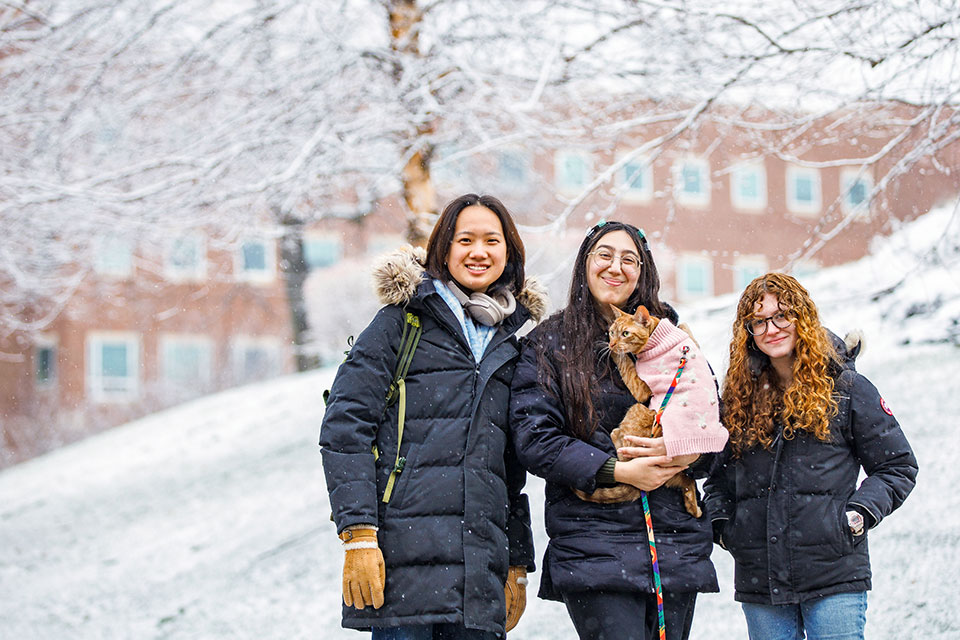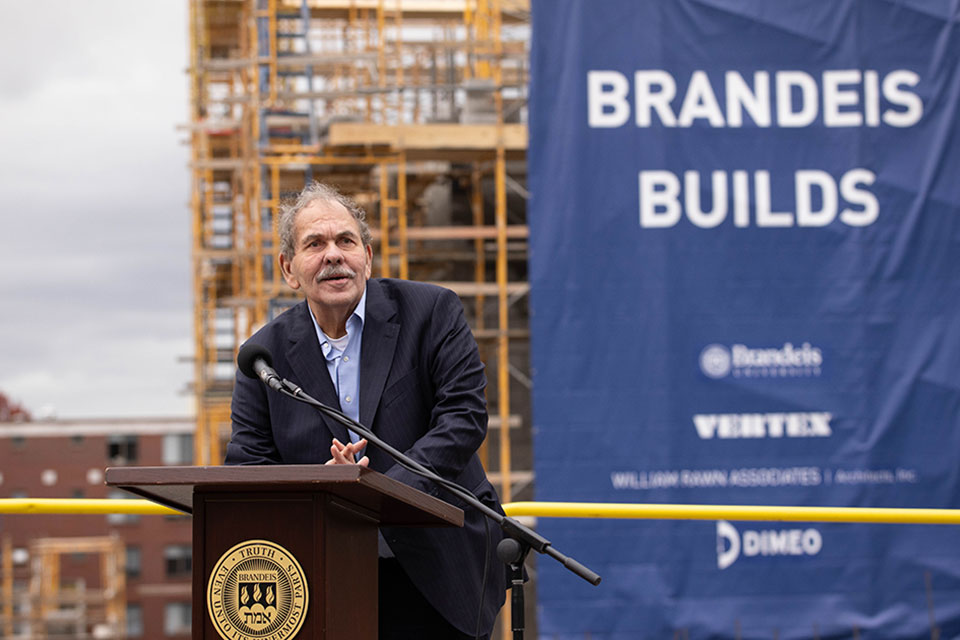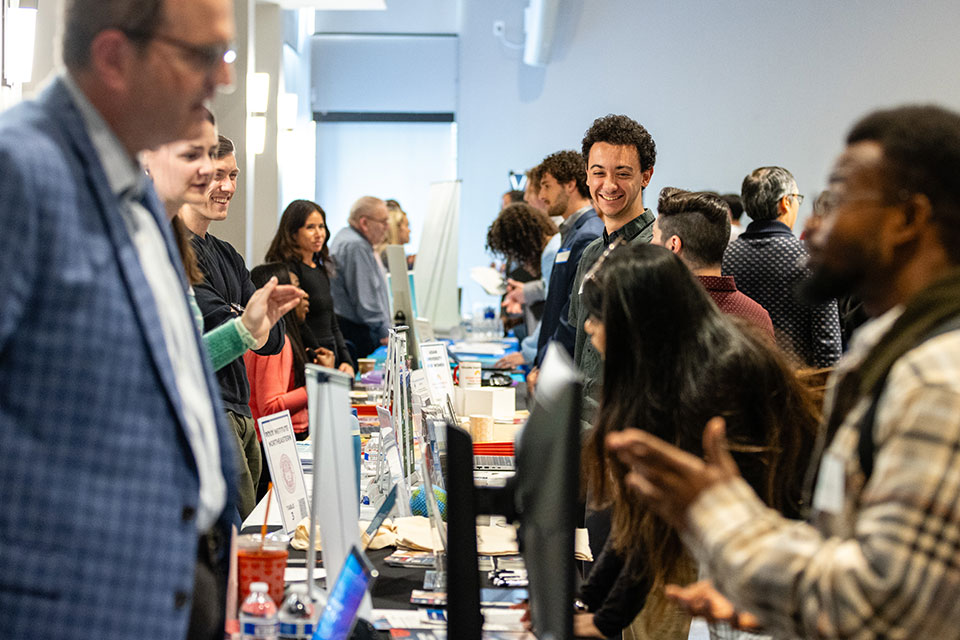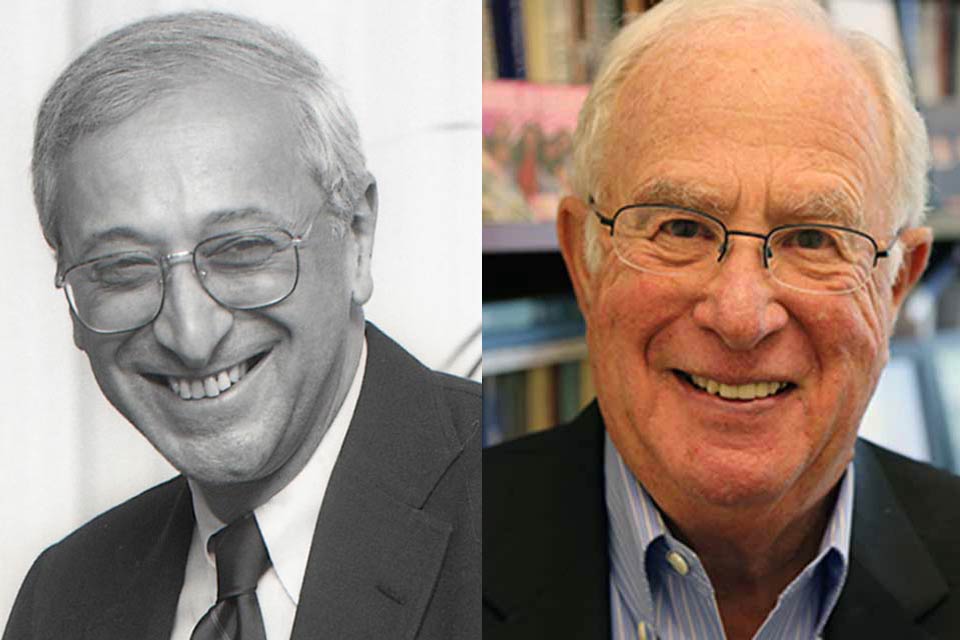Brandeis University

A Bold Evolution of the Liberal Arts
The Brandeis Plan to Reinvent the Liberal Arts integrates rigorous study and a vibrant research enterprise with career-shaping experiences and verifiable skills — preparing students for meaningful careers and lives of impact.
By the Numbers

A+
Academics and Professors — Niche

Top 50
Elite Colleges Beyond the Ivy League — Rebellion Research
Top 20
Best Private College for Making an Impact — The Princeton Review

Top 10
World's Best Small Universities — Times Higher Education






